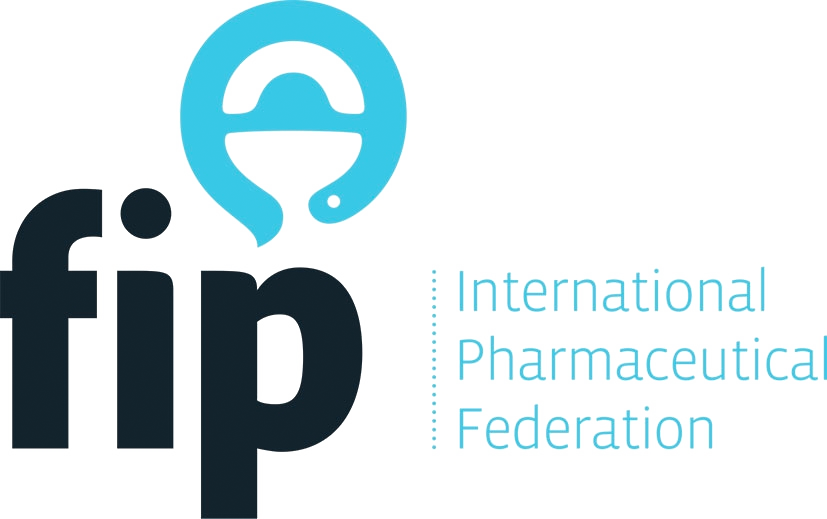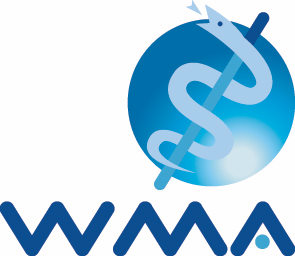
October 2018
WHPA acknowledges the Astana Declaration on Primary Health Care: From Alma-Ata towards Universal Health Coverage and the Sustainable Development Goals and welcomes the strong emphasis on health care system strengthening and the importance of supporting the health workforce.
The World Health Professions Alliance (WHPA) speaks for more than 31 million health professionals across 130 countries and brings together the International Council of Nurses, International Pharmaceutical Federation, World Confederation for Physical Therapy, FDI World Dental Federation and the World Medical Association. WHPA works to improve global health and the quality of health services and facilitates collaboration among the health professions and other major stakeholders.
On 25 and 26 October 2018 the world will come together for the second Global Conference on Primary Health Care, in Astana, Kazakhstan to reaffirm the principles of the Declaration of Alma-Ata which was signed 40 years ago. The importance of Primary Health Care (PHC) for the 21st century will be highlighted and states will renew their commitment to strengthening PHC to achieve Universal Health Coverage (UHC) and the Sustainable Development Goals (SDGs). The outcome of the event is the Astana Declaration on Primary Health Care. WHPA believes this declaration provides an opportunity for states to increase their efforts in developing health systems while ensuring there is adequate support for health care professionals.
The alliance would like to highlight the continued critical role that regulated health professionals play in achieving UHC. The global economy is projected to create around 40 million new health sector jobs by 2030; mostly in middle- and high- income countries. Despite the anticipated growth in jobs there will be a projected shortage of 18 million health workers to achieve and sustain the SDGs primarily in low and lower-middle income countries.
To respond to this need, unregulated workforce programmes, for example with Community-Based Workers (CBW), will be implemented. These programmes will engage workers with varying competencies and remits. WHPA recognises the need for additional staffing and the role that unregulated workers play. Further WHPA emphasises the importance of the health care team consisting of different disciplines and specialities in delivering good quality health care. WHPA stresses that patient safety remains of paramount importance and should not be neglected in efforts to bridge the gaps in the workforce. Regulated health professionals are bound by ethical frameworks and have a scope of practice designed around the complex care needs of patients. Unregulated workers should not be utilised as a cheaper replacement for regulated health professionals, as they lack the breadth and depth of knowledge needed to adequately respond to and support the health needs presented.
WHPA stresses the need for adequate planning and monitoring to avoid generating a fragmented and disjointed system that fails to meet the total health needs of the patient. WHO defines that primary health care is about caring for people, rather than simply treating specific diseases or conditions. This requires a wholistic, people-centre approach with adequately trained staff who can respond to the complex needs of the patient, rather than solely performing limited, defined tasks.
Programmes need to be implemented in such a way that does not lead to a series of disconnected and parallel services that are both inefficient and confusing. Such services are not only detrimental to the care of the patient and the health system, but they may also lead to de-motivation and high attrition rates of both regulated health professionals and unregulated workers.
WHPA offers its expertise and assistance to the WHO and states for the development of recommendations and guidelines to effectively incorporate unregulated health workers into health systems.
In addition, WHPA insists that health promotion efforts are conducted within an ethical framework. Involving regulated health care professionals in this work can help to ensure that stigmatising images and coercion are avoided. In this way effective and sensitive promotion will reach the target individuals and have tangible impact on their lifestyles, enabling them to have real ownership of their health and health care.
WHPA looks forward to the impact resulting from the renewed energy and commitments made in October 2018 and stands ready to support WHO and states in achieving UHC and SDGs.




